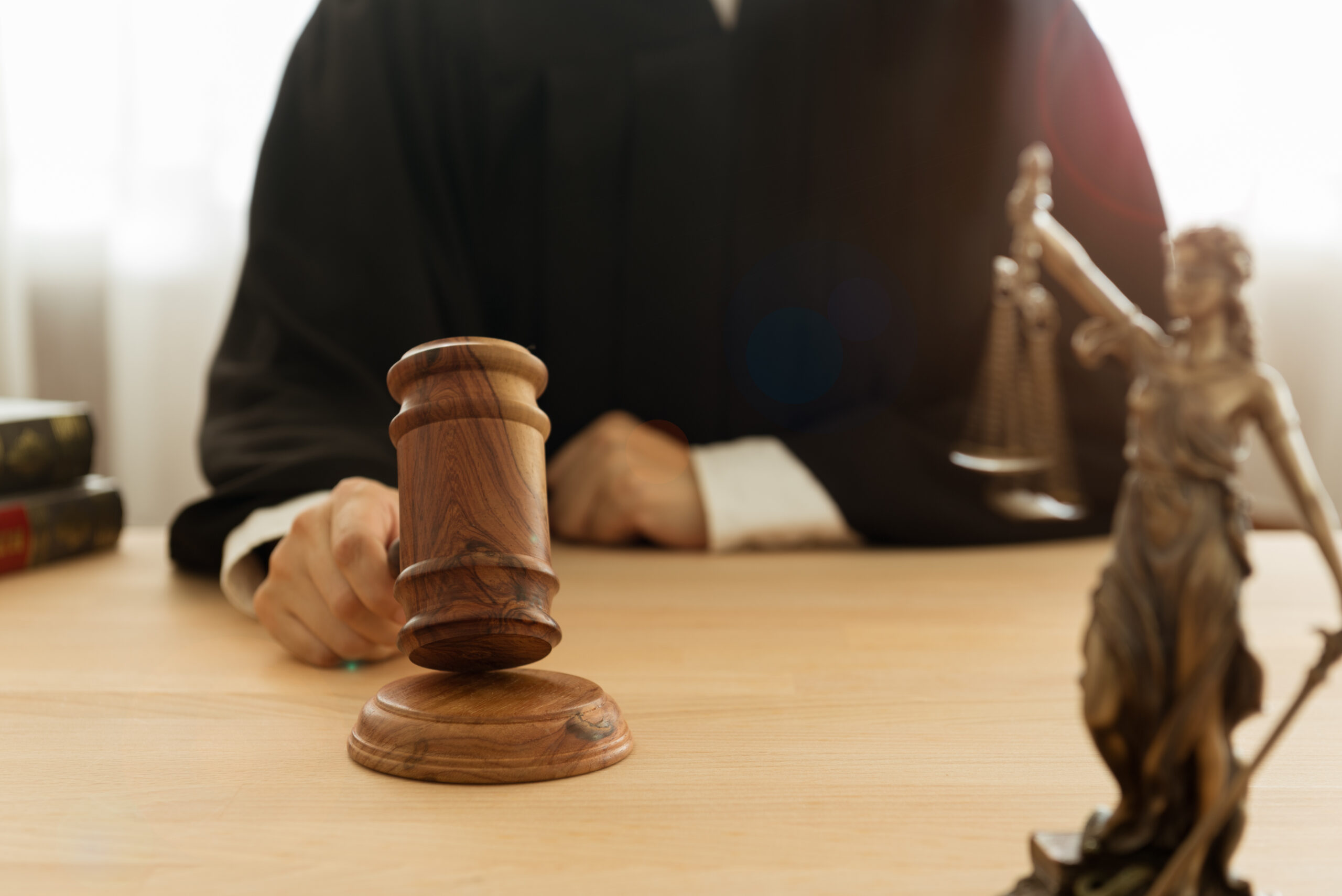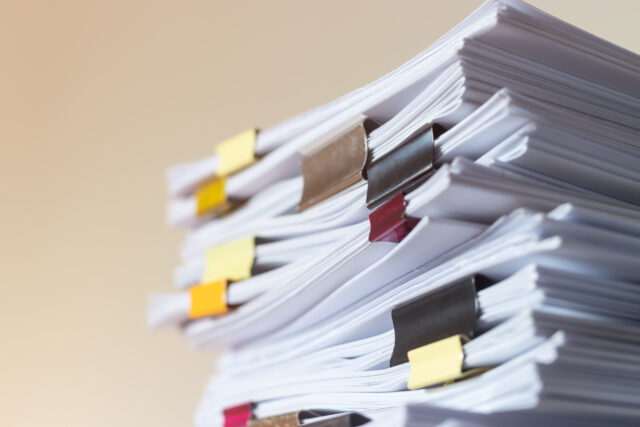Facing insurmountable debt may lead you to consider bankruptcy as a path to financial relief. The idea of a court appearance before a judge, however, can cause apprehension. If this reflects your circumstances, please continue reading as we clarify whether you will have to go to court if you file for bankruptcy in South Dakota, and the importance of consulting with our experienced Rapid City Bankruptcy Lawyers to navigate the complexities of this situation.
What Are My Bankruptcy Options in South Dakota?
Consumers in South Dakota contemplating bankruptcy should understand the options available to them. First, you can pursue Chapter 7, which involves liquidating non-exempt assets to satisfy outstanding debts, typically concluding within six months with the discharge of remaining eligible debts. This is usually a debtor’s first choice because it’s quick and cheap. Qualifications often hinge on passing a “means test” that compares your disposable income to the average for South Dakota households of similar sizes.
Alternatively, Chapter 13 is reserved for those wishing to avoid asset liquidation or who are not eligible for Chapter 7. This entails reorganizing debts into a single monthly payment. These repayment plans generally span three to five years and offer asset protection. Upon completion, remaining eligible debts will be discharged.
Will I Have to Go to Court if I Declare Bankruptcy?
While the prospect of a courtroom appearance after filing for bankruptcy can be a source of anxiety, it’s crucial to understand that such occurrences are uncommon. Although everyone who files for bankruptcy is mandated to attend the Meeting of Creditors, also known as the 341 meeting, the vast majority of debtors will complete the legal process without ever having to step foot in front of a judge.
Generally, the Meeting of Creditors takes place at the courthouse. However, it’s presided over not by a judge, but by the trustee assigned to administer your bankruptcy case. This meeting provides the trustee and creditors with the opportunity to inquire about your financial affairs and the information you provided in your bankruptcy filings. It’s important to note that it’s incredibly unlikely that your creditor will attend this meeting.
When there are exceptional circumstances, a judge may request a hearing related to your bankruptcy case. Such instances arise when there are specific disputes or significant issues identified with your filings. For example, a hearing might be scheduled if there are allegations of fraud or objections to claimed exemptions. Even in these rare cases, your attorney will usually appear in court on your behalf. This underscores the importance of enlisting the help of a qualified attorney to advocate for your best interests.
At 605 Bankruptcy, we understand how complex these matters can be, which is why we are committed to helping our clients navigate every step of this process. Connect with our firm today to learn how we can fight for you.



